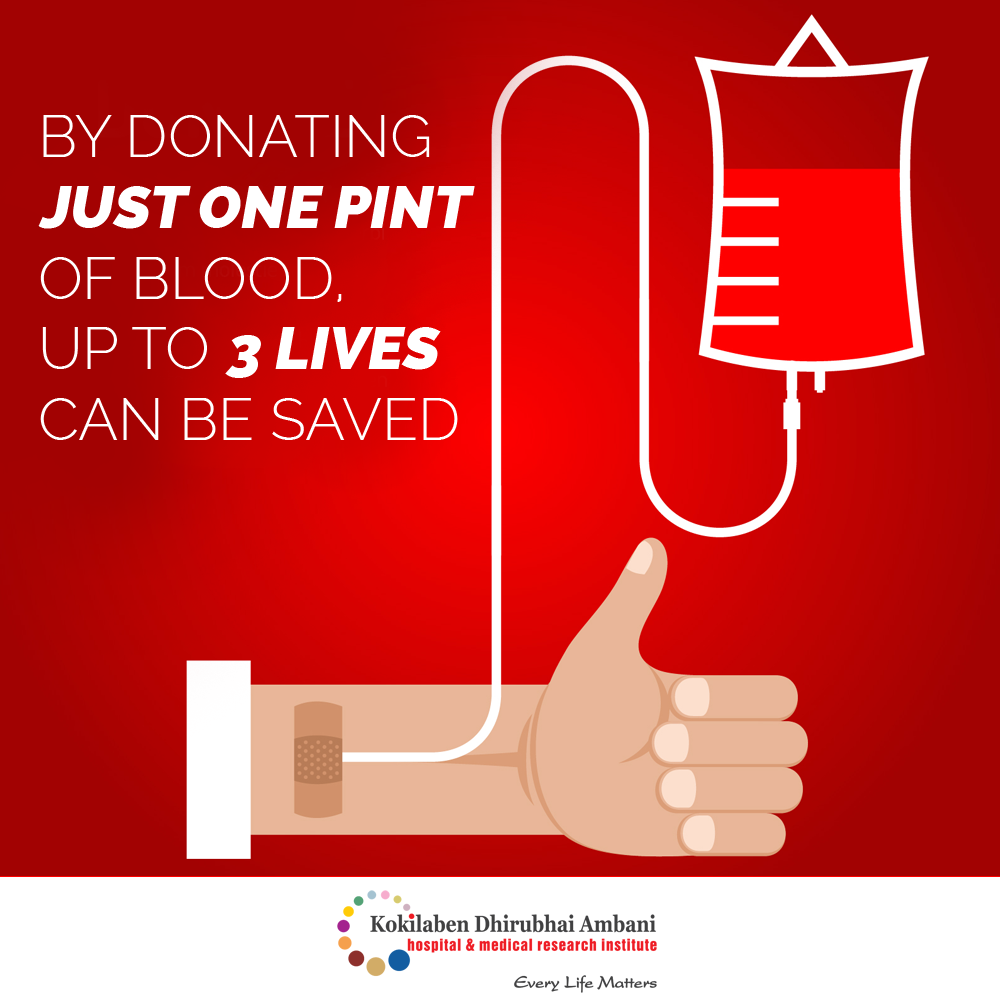Blood Donation Tips
Learn blood donation tips to help minimize
any adverse affects after you donate blood.
Before we discuss blood donation tips, let's talk about reasons to donate blood.
The most common reason to donate blood is to potentially save lives. Some folks need blood if they have been involved in trauma such as a motor vehicle accident. Other folks may need blood if they have complicated surgeries. The American Red Cross lets you see your blood journey and your donation destination map so that you can see that you really did make a difference in someone's life.

Another reason to donate blood is for your health. Yep! Studies show that folks who give away their blood are generally healthier than those who do not. Blood contains hemoglobin which contains bound iron. When you remove blood, you also remove excess iron. Our bodies are really good at collecting iron over the years and decades, but is not so good at eliminating excess iron. This iron is stored in our tissues where it "rusts." The medical term for this "rust" is oxidation or oxidative stress. Over time, iron oxidation results in inflammation and then symptoms and then aging and then diseases. Whoa! However, if you donate blood, then you have less iron and subsequently your health improves especially if you are working on mineral regulation with Dr. Bazylewicz. Also, some folks have serious conditions such as hemochromatosis or polycythemia for which the treatment is regular blood donations.
The first blood donation tip is where to go to donate blood. Most folks use the free services at the American Red Cross. They offer donation sites locally nearly every day of the week all over the United States. You should be able to easily find a donation site near you using their website or super user friendly app. There are also private companies that accept blood donations. Therapeutic phlebotomies are usually performed at your local hospital where the blood is safely discarded.

The next blood donation tip is to learn qualifications for this procedure prior to scheduling your donation. The American Red Cross has a list of eligibility qualifications posted on their website. In particular, they will not allow you to give blood if you have had an STD or Babesia or HIV. Also, they have a list of criteria involved with sexual activity and medications. In addition, your blood pressure and pulse rate and hemoglobin must be within their normal limits. Furthermore, you must weigh at least 110 pounds and be at least 16 years old. If you do not qualify for donating, then you can get therapeutic phlebotomies at your local hospital with a prescription from your doctor.
The big D-Day (donation day) is here! Following these blood donation tips will help your visit go faster, smoother, and easier.
- Only
give blood if you are feeling well and are excited to do so. If you
are too tired or too busy, it is best to wait for another day.
- Hydrate well before and after donation so that your body does not miss the removed volume of blood as much. If possible, use electrolytes in your water, too.
- Eat well all day to prevent hypoglycemia.
- If your hemoglobin is slightly low, they will allow it to be rechecked one time. Best to keep your hands super warm before they do their finger stick - put in pockets, wear gloves, hold hot drink, etc. Also, walking a bit prior to entering the facility helps your circulation.
- If you blood pressure or pulse rate
tend to be on the high side or if you have "white coat hypertension,"
then do not drink coffee immediately before your visit (which also
dehydrates you) and do slow deep breathing prior to them checking these
parameters.
- Bring water and a snack to the donation site and eat immediately after your donation. It is best to avoid their snacks which are totally unhealthy and to bring your own healthy snacks.
- When you get home, rest, avoid activity, and continue to hydrate.
- If you feel dizzy, do not get up quickly and hydrate some more.
- Most folks feel fine, but it is also normal to feel a bit tired or a little dizzy. However, if your symptoms are more severe, please contact your doctor and/or the donation company (the American Red Cross provides a phone number) for further instructions.
- And finally, HYDRATE WELL.
Congratulations! You did it!
The American Red Cross allows you to donate every 8 weeks. If you feel OK, repeat the procedure then. However, some folks prefer to redonate between 8-12 weeks. Always listen to your body when deciding when to redonate.
Your body can get the best benefits from blood donation if you combine them with mineral regulation for energy production.
In spite of what main stream media and medicine says, real medical
research shows that our bodies have too much iron and calcium, and not
enough magnesium and copper and that these imbalances cause significant
health problems for most everyone. Blood donations are just one piece of this puzzle.
Dr. Bazylewicz can help you
with the other pieces of this puzzle.
Let food
be thy medicine,
and medicine
be thy food.
~Hippocrates
DANDELION
Your word
is a lamp
to my feet
and a light
to my path.
~Psalm 119:105
ECHINACEA
The secret of health
for both mind and body
is not to mourn for the past,
worry about the future,
or anticipate troubles,
but to live in the present moment wisely and earnestly.
~Buddha (paraphrased)
LAVENDER


